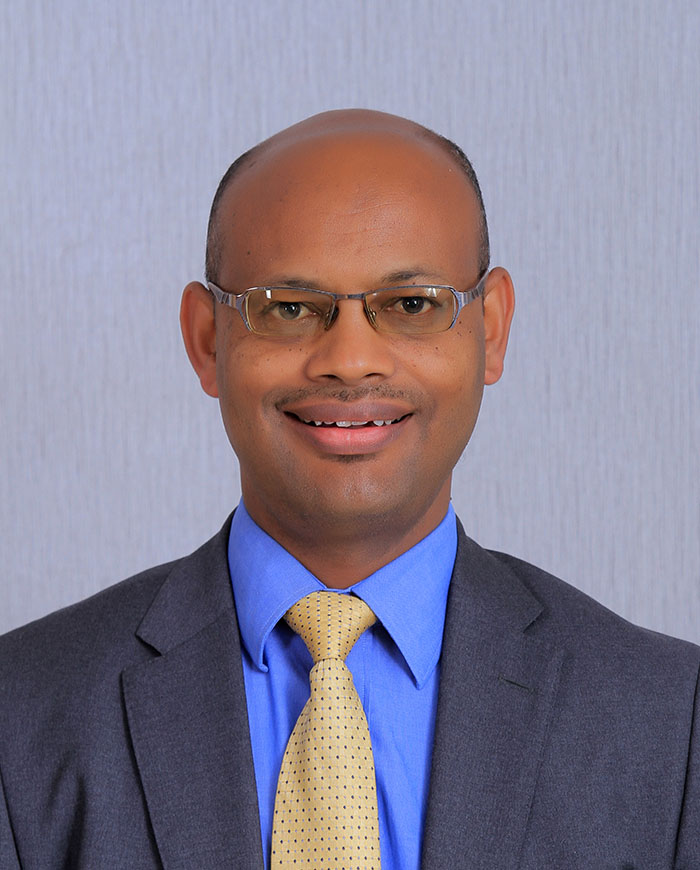
Professor Aklilu Azazh
Professor at Addis Ababa University
Boge: The woman who fought for the wellbeing of women and Girls; and restored hope for womanhood.
KMG was founded in 1998 by two Ethiopian sisters: Bogaletch Gebre and Fikrte Gebre. In the last twenty years it has pioneered innovative projects in Ethiopia that have totally transformed the lives of girls and women in the areas where it has worked. As a result , international honors have been heaped on Bogaletch Gebre and KMG for their unique achievements .
The context for the work of KMG in Ethiopia is the widespread existence of harmful traditional customs, notably Female Genital Mutilation (FGM), and chronic sexual abuse and violence against girls and women. It is thought that almost 25 million Ethiopian girls and women have undergone FGM – the second highest incidence in the whole of Africa, where some 120 million women have been cut.
Whilst the UN has called for the total elimination of FGM by 2030, the African reality is that this will be ‘Mission Impossible’ unless there is a dramatic change in the resources mobilized to deal with it. In large parts of Ethiopia between 80 and 90% of all young girls are still subject to this terrible debilitating practice. In those areas where it is still practiced, girls and women also suffer from illiteracy, sexual abuse and violence, and deep poverty. They are physically and psychologically stigmatized for life.
Boge had the courage, commitment and the tenacity to take on this challenge, to tackle subjects that traditionally have been taboo, no-go areas: Female Genital Mutilation, Child marriages, Domestic violence against women/girls, Women economic empowerment, and Ethnic marginalization.
She has done in a way that is truly transformational using the concept of “Gezema” in Kembata. Gezema is working together in a community towards a common goal, working with and for each other that is incredibly strong and powerful agent of change. If community is nurtured, supported, mentored, they can literally make miracles happen, even in sensitive gender based matters. In this area KMG, over the years, has developed ‘community conversation’ techniques that have engaged communities of all walks of life. The key to this success is a deep – rooted, profound understanding of communities, and how they work. And the key to achieving lasting, sustainable change is to ensure communities are nurtured and become the drivers of the change process. If you build upon existing social capital, such as Fiches in Sidama and Gezzimma in Kembatta, the change would be owned by the people and ensures sustainability.
